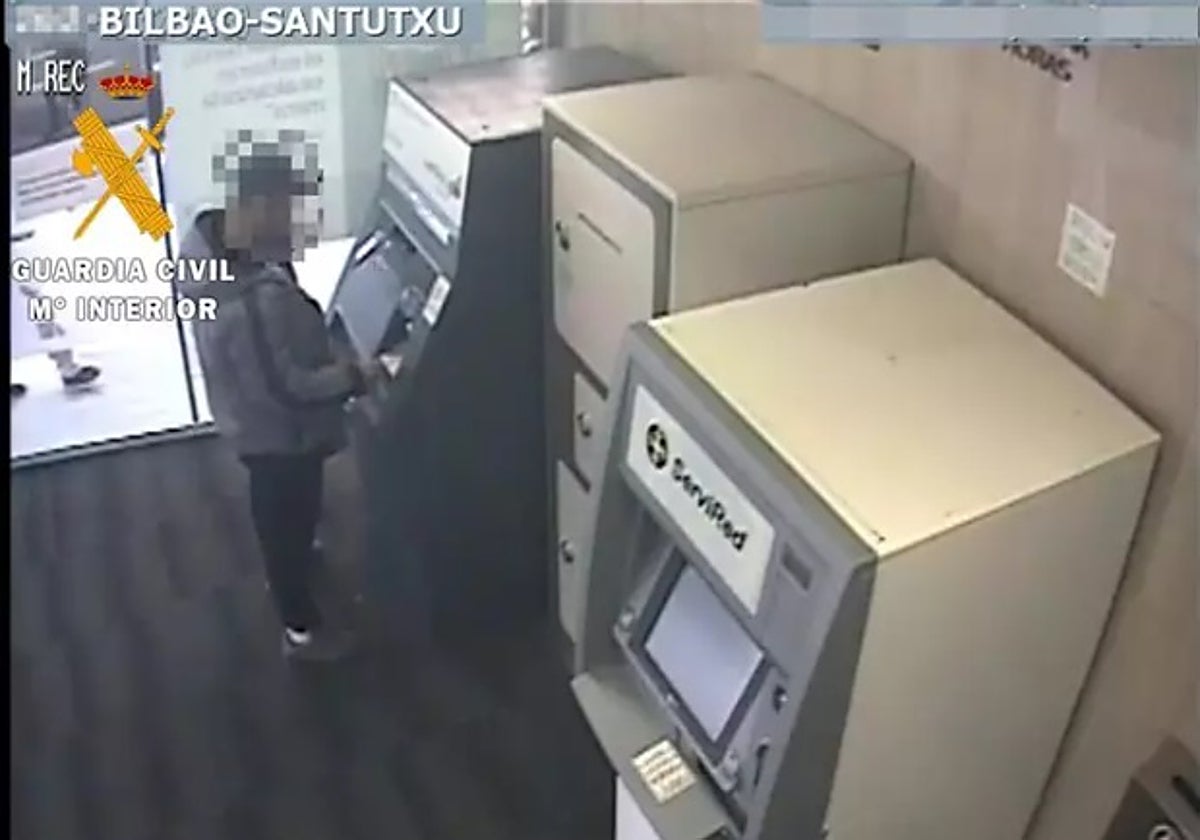Spanish police smash online pet scam gang with victims on the Costa del Sol: this is how it worked
The Guardia Civil's 'Operation Fake Dog' investigation was launched following an increase in reports of online scams
The Guardia Civil in the Navarra region of northern Spain has concluded its 'Operation Fake Dog 2022', which has led to the dismantling of a criminal group involved in multiple scams related to the fraudulent sale of pets over the internet. The investigation has ended with the identification of nine people of Spanish nationality as alleged perpetrators of seven crimes of fraud, a crime of money laundering and a crime of belonging to a criminal group, the force reported in a statement.
The police operation was launched in May 2022 following an increase in reports related to scams involving the purchase of puppies through internet portals. The modus operandi of the criminal group consisted of publishing fake pet sale or adoption advertisements on well-known web platforms. After capturing the attention of the victims, the scammers gained their trust by sending images of the puppies and requesting various bank transfers or payments via Bizum under different concepts, such as transport, insurance, vaccinations and other fictitious expenses.
Once they received the money, the perpetrators cut off all communication with the victims, who never received the purchased animal or the refund of the money. People were swindled in Sangüesa, Pamplona and Lerín in Navarra; Nerja on the Costa del Sol in Malaga province; Villalonga (Valencia), Castelldefels (Barcelona), and Albacete.
In one example, on 15 May 2022, a member of the public reported to the Guardia Civil in Sangüesa that he had been the victim of a scam when he tried to buy a Dogo Argentino puppy through a website selling the young pets. After contacting the seller, he made an initial transfer of 260 euros for the purchase. Subsequently, the victim was asked for an additional payment of 1,200 euros for the rental of a cage, followed by another request for 800 euros for travel insurance, of which the complainant could only transfer 400 euros, as reported on Tuesday by the Guardia Civil in a statement.
Bizum transfers of money
Finally, the seller demanded a further 525 euros for an alleged vaccination of the puppy, which the complainant refused to pay. The victim of the scam made payments amounting to 1,860 euros. Despite this, the complainant did not receive the puppy nor did he recover the money he had transferred because it was all a scam, according to the Guardia Civil.
The investigators analysed the bank transfers and Bizum movements made by the victims, as well as the security images of the bank's ATM cash machines where the withdrawals were made. This led to the identification of the members of the group, which operated from Bilbao. The coordination and organisation of the group allowed the swindled money to be managed quickly and efficiently, making it very difficult to trace.
After 18 months of investigation, nine people involved in the criminal network have been identified. This operation has involved the collaboration of the Equipo@Bizkaia of the Bizkaia Guardia Civil, a unit that has been in charge of the location and investigation of seven of these people, three men and four women aged between 21 and 28 years old, living in different towns in Bizkaia. Two more people have been identified who remain unaccounted for and an arrest warrant for them has now been issued.

